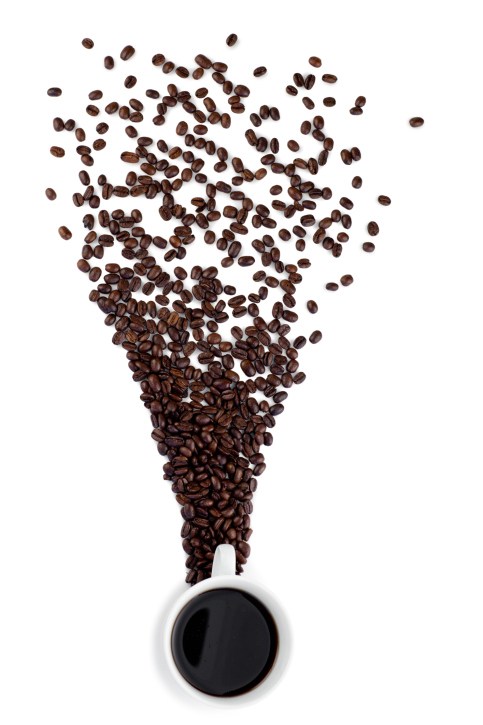Dietary Supplement Chitosan Not Yet Proven Effective for Weight Loss
Weight Loss Supplements
The dietary supplement chitosan shows some promise in treating overweight and obesity but has not been shown conclusively to be an effective weight loss aid, according to a new systematic review of current evidence.
The review assessed results of 14 randomized controlled trials that included 1,131 overweight or obese adults. Those who received chitosan (pronounced kigh-toh-san) had an average weight loss of almost 4 pounds more than those on placebo in the short term, and their cholesterol and blood pressure levels also decreased more than those in the placebo group. There were no side effects noted in the group taking chitosan.
"This review has indicated that chitosan may be an effective aid to weight loss but many of the included trials have been limited by poor methodology and reporting," according to lead author Cliona Ni Mhurchu, Ph.D., of the University of Auckland in New Zealand, and colleagues.
The review appears in the current issue of The Cochrane Library, a publication of The Cochrane Collaboration, an international organization that evaluates medical research. Systematic reviews draw evidence-based conclusions about medical practice after considering both the content and quality of existing medical trials on a topic.
The average age of participants in the chitosan study was 44 years. Eleven of the studies included both men and women; three included women only. The study subjects were given either chitosan (doses ranged from less than a quarter of a gram to 15 grams a day) or a placebo for a short-term period of four weeks, medium-term period of less than six months or a long-term period of at least six months.
According to the background information from the National Institute of Environmental Health Sciences, Chitosan (marketed also as chitopearl and chitin) was popularized as a weight loss aid by the 1997 book The Fat Blocker Diet. Chitosan is readily available in alternative medicine outlets and over the Internet. The supplement is derived from chitin, which is found the in the shells of shrimp, lobster and crab.
"There is cheap and easy access to over-the-counter treatments," Ni Mhurchu notes, "and many people have the perception that herbal or natural remedies are safer than prescription medication."
Adding medication to diet and lifestyle changes has been shown to improve long-term weight loss, but not all patients are willing to take prescription medication to lose weight. "Research indicates that people take dietary supplements for a variety of reasons," says Carol Haggans, a scientific and health communications consultant with the Office of Dietary Supplements at the National Institutes of Health.
-
A Sane Way to Diet and Lose Stubborn Fat Without Losing Your Sense of Proportion
Eating a well-balanced healthy diet can become a bit of a chore esp
-
2 Things You Should Do To Lose Weight in 2011
****************************************
-
Fiber and Weight Loss
Fiber is primarily found in the outer layers of plants and is almost a
-
Hydrate To Lose Weight The Real Skinny On Water Retention And Sodium
If youve been scouring the news, devouring as much information as poss
-
How I Lost 40 Pounds Without Depriving Myself
-
Is Your Body Image Realistic
While it is true that many of us, in this day and age, have a genuine
- DON'T MISS
- Does diet really useful to lose weight without hurt
- Amazonian Acai Berry Palm Fruit: A Miracle Fruit or an Everyday Commercial Hype?
- Weight Loss Facts – Truth About Dieting and Losing Weight
- Weight Loss Advice You Can Try Today
- Weight Loss Exercise Programs
- Diet Strategies: Trick Your Brain So You Actually Want To Eat Less
- Keep your Motivation High
- Get Clean with the Acai Berry
- Eating On The Run For Weight Loss
- Free Weight Loss Exercise Program




